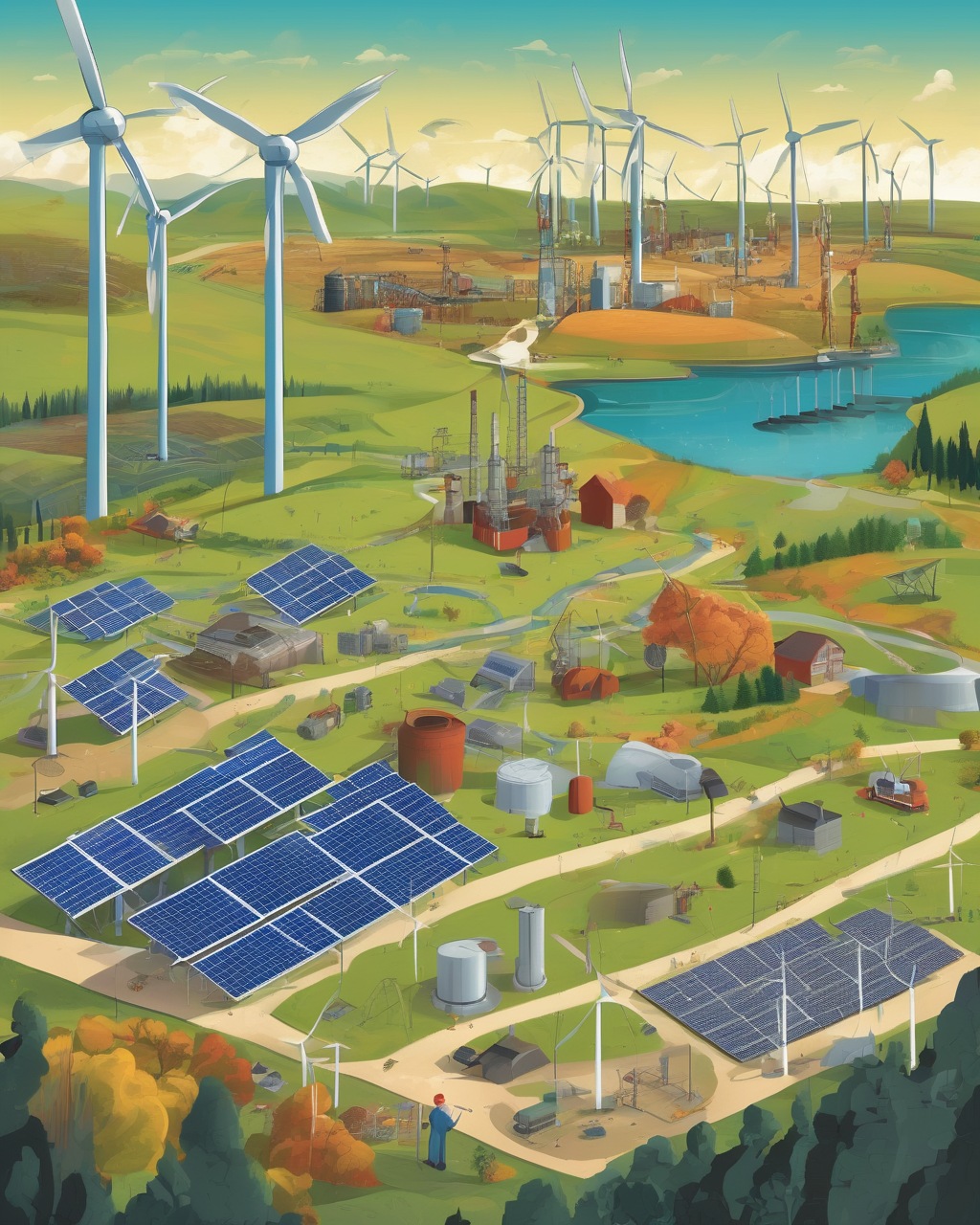Examining Trump's Stance on Renewable Energy: Implications for Solar and Wind Projects
 Max Mayer
Max Mayer
In a significant policy shift, former President Donald Trump announced that the United States will not approve new solar or wind power projects. This declaration comes amidst broader discussions on energy policy and environmental regulation in the wake of his administration's budget proposals. The implications of this decision could reverberate throughout the renewable energy sector, potentially stalling progress in the transition to cleaner energy sources.
Context of the Announcement
Trump's announcement aligns with his administration's recent budget legislation, which aims to terminate investment and production tax credits for wind and solar projects by the end of 2027. These tax credits have been instrumental in incentivizing the growth of renewable energy in the U.S., allowing developers to offset some of the costs associated with these projects. The removal of such financial incentives could lead to a significant decrease in the number of new solar and wind installations, which have been critical in the country's efforts to reduce greenhouse gas emissions and combat climate change [1].
Implications for Renewable Energy Development
The decision to halt approvals for solar and wind projects raises several concerns for the renewable energy sector. First and foremost, it threatens to slow down the momentum that has been building in the industry over the past decade. According to the U.S. Energy Information Administration (EIA), renewable energy sources accounted for nearly 20% of the total electricity generation in the U.S. in 2020, with wind and solar being the fastest-growing segments. The potential loss of federal support could undermine this growth trajectory, leading to fewer jobs and investments in the sector.
Additionally, the cessation of new project approvals could hinder the United States' ability to meet its climate goals. The Biden administration has set ambitious targets to achieve a 50-52% reduction in greenhouse gas emissions by 2030 compared to 2005 levels. Without the continued expansion of renewable energy sources, achieving these targets becomes increasingly challenging. The International Renewable Energy Agency (IRENA) has emphasized that a rapid transition to renewable energy is essential for meeting global climate commitments, further underscoring the importance of sustained investment and support for these technologies.
Economic Considerations
The economic ramifications of Trump's announcement are also noteworthy. The renewable energy sector has become a significant driver of job creation in the U.S., with over 3 million workers employed in clean energy jobs as of 2020. The potential reduction in new solar and wind projects could lead to job losses and deter new investments in the industry. According to a report by the Solar Foundation, the solar industry alone employed over 250,000 workers in 2019, and any slowdown in project approvals could jeopardize these positions [1].
Moreover, the financial markets have shown a growing interest in renewable energy investments, driven by both consumer demand for sustainable energy solutions and corporate commitments to reduce carbon footprints. By signaling a retreat from supporting solar and wind projects, the Trump administration may inadvertently steer investors toward other markets, potentially stalling innovation and development in the renewable sector.
Conclusion
Trump's declaration that the U.S. will not approve new solar or wind power projects marks a pivotal moment in the nation's energy policy landscape. The implications of this decision extend beyond immediate project approvals; they threaten to derail the progress made in renewable energy adoption, hinder job creation, and complicate efforts to meet climate targets. As the nation grapples with the challenges of transitioning to a sustainable energy future, the need for consistent and supportive policies in the renewable sector has never been more critical. The coming years will be crucial in determining the trajectory of the U.S. energy landscape and its commitment to combating climate change.
📚 Sources
cnbc.com | reddit.com | tipranks.com | nj.com | financialpost.com
This post was researched and generated using multiple sources to ensure accuracy and provide comprehensive coverage of the topic.
Subscribe to my newsletter
Read articles from Max Mayer directly inside your inbox. Subscribe to the newsletter, and don't miss out.
Written by
